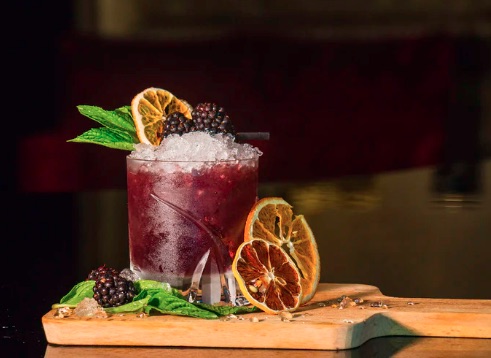
The popularity of plant-based foods is soaring across the globe, with around 2.5 million people in Australia alone following vegetarian diets and 500,000 leading vegan lifestyles. Currently, many top food and beverage, fashion, skincare, cleaning, and home décor and construction companies are seeking to cater to an ever-growing vegan population. If you work in the bar industry or you love enjoying cocktails with your friends, then you may already be passionate about the vegan cocktail concept. Top establishments are catering to vegans by offering vegan alternatives to a wide array of cocktails.

VEGAN ALTERNATIVES FOR CLASSIC & NOVEL COCKTAILS
Just a few vegan ingredients enabling bartenders to show off their creativity and to prove that you don’t need to scrimp on taste by going vegan include dairy-free ice-cream, coconut and almond cream (used both within cocktails and whipped for garnishing), dairy-free chocolate flakes, vegan Worcestershire sauce (since the classic variety is made with anchovies). Many of these ingredients – for instance, dairy-free ice cream – can easily be made in-house. In the case of ice-cream, it can be prepared by hand or with the aid of an ice-cream maker. Worcestershire sauce, meanwhile, can be made with simple ingredients like soy sauce, ground ginger, garlic and onion powder, and apple cider vinegar. Vegan wines are also used to make cocktails. Free of products like casein, isinglass, egg whites, and gelatin, they boast an impressive flavour and are usually made following organic, sustainable, biodynamic principles.
VEGAN BAR DESIGN
Vegan entrepreneurs wishing to stand out from the rest can embrace veganism in the interior design of their bars, taking their cue from current aims to build authentic vegan homes. Instead of materials like leather, they can opt for soft vegan leather made from polyurethane (a polymer that is highly adaptable to the needs of designers). Vegan leather is also manufactured from recycled plastic, pineapple leaves, cork, apple peels and other fruit waste. Vegan construction, while still heavily reliant on materials made with animal byproducts, has a few exciting innovations underway, with one UK company developing materials made from mycelium (which in turn is derived from mushrooms).
EMBRACING VEGAN CLEANING METHODS
Vegan bar owners can also attract vegan crowds by publicising their policy on aspects such as cleaning. As stated in Vegan Food and Living, there is a surprisingly large number of animal ingredients in conventional cleaning products – including caprylic acid (obtained from milk), tallow (rendered beef fat), and oleyl alcohols (sourced from fish). Bars can rely on mechanical cleaning methods such as powerful steam vacuuming as well as on vegan cleaning products made by companies such as Earth Choice, Ecologic, Earthwise, or Clean Conscience. These companies not only make effective cleaning essentials from animal-free sources but also use recycled plastic to bottle their wares.
Veganism is rising across the globe and vegetarianism is already the chosen lifestyle for millions of Australians. Its scope extends to fashion, skincare, beauty, cleaning products, and many more industries including the wine and cocktail industries. With an array of vegan substitutes available and additional means of going plant-based (including interior design and construction), the concept of a fully vegan bar is becoming more plausible than ever before.

